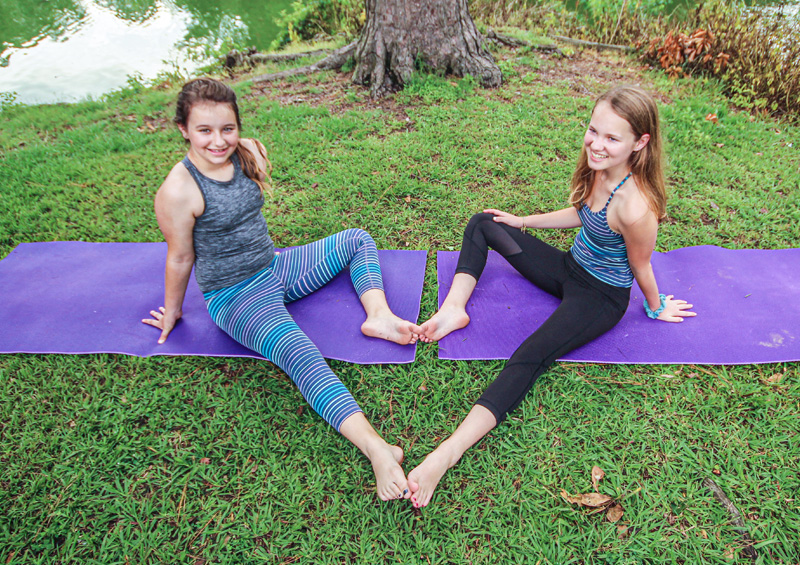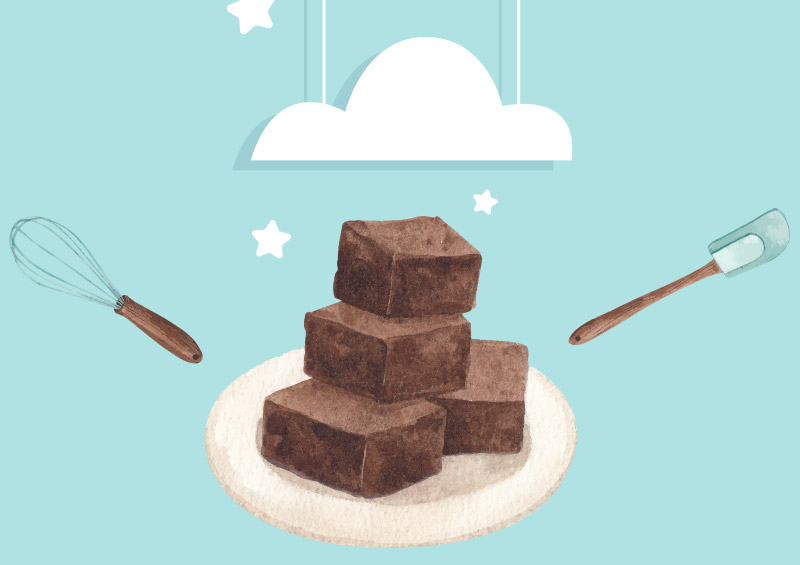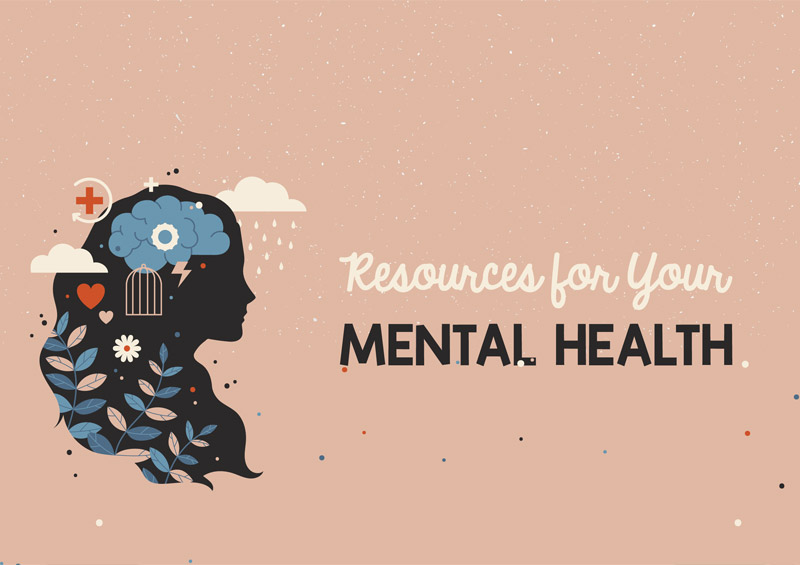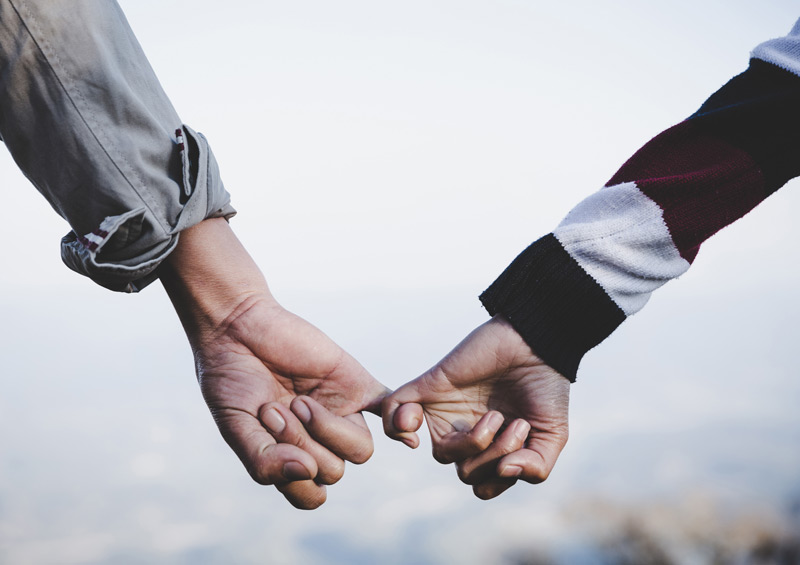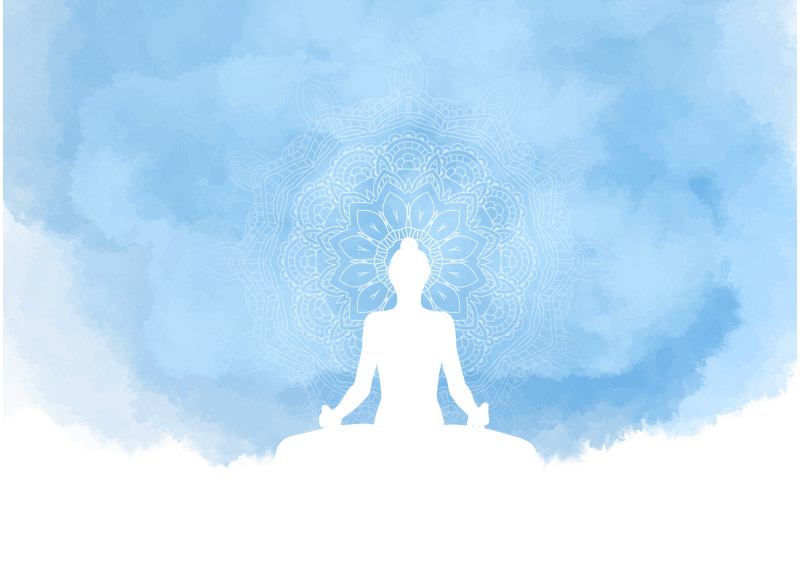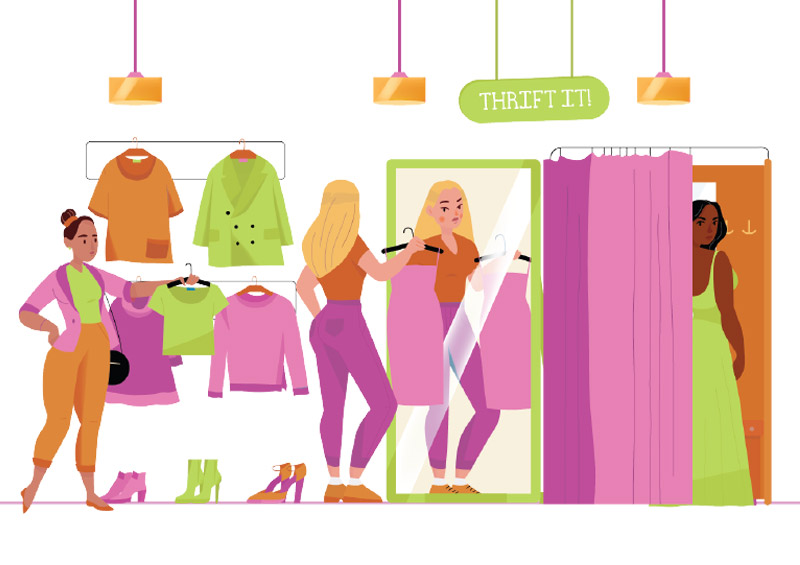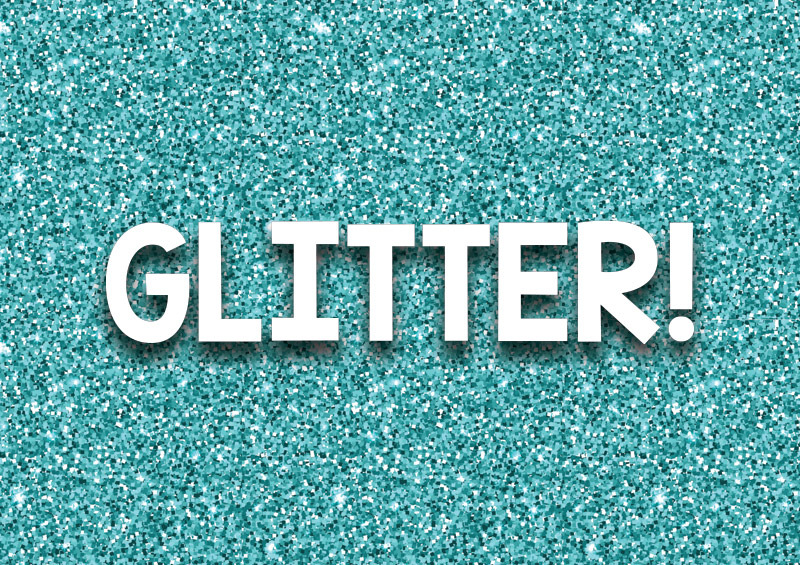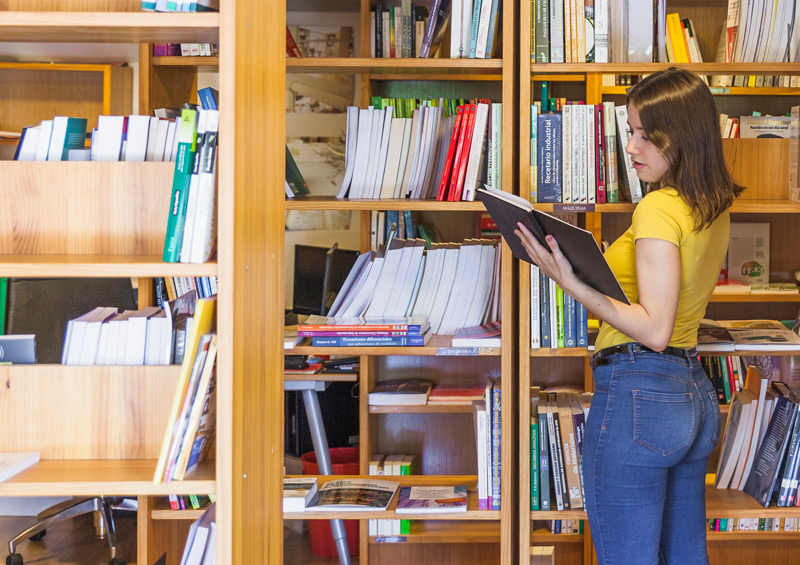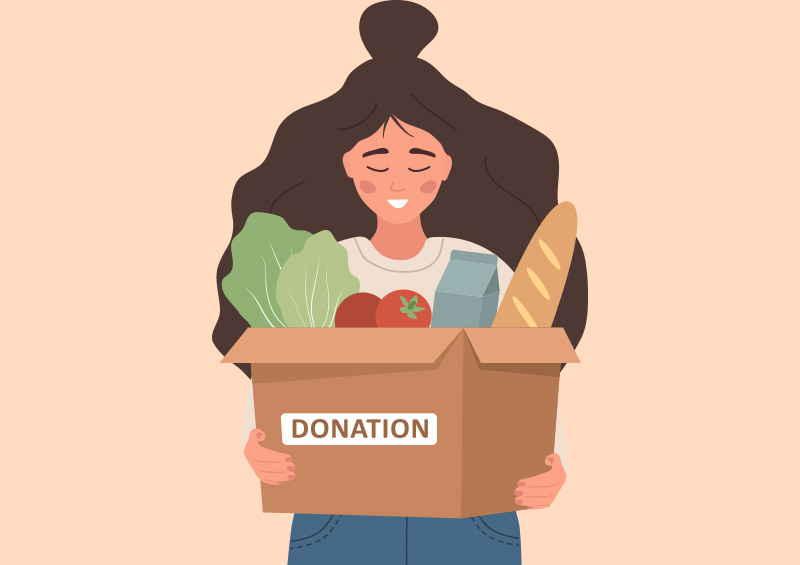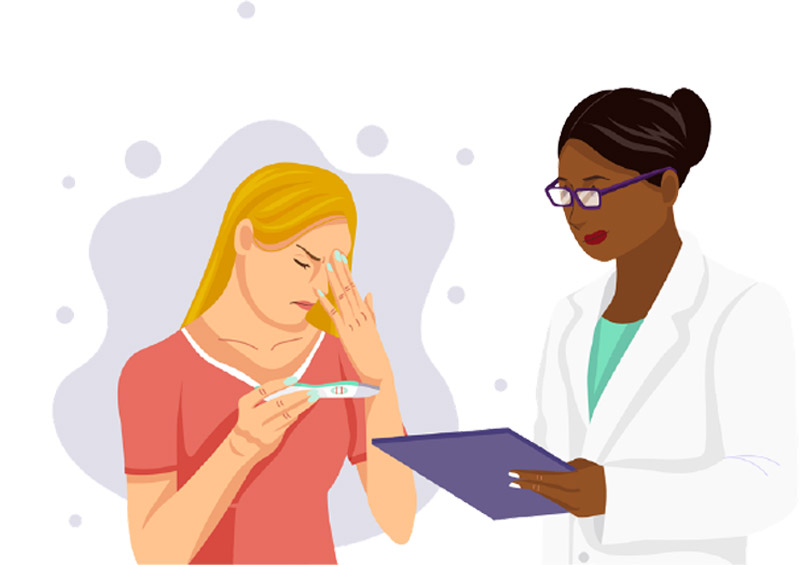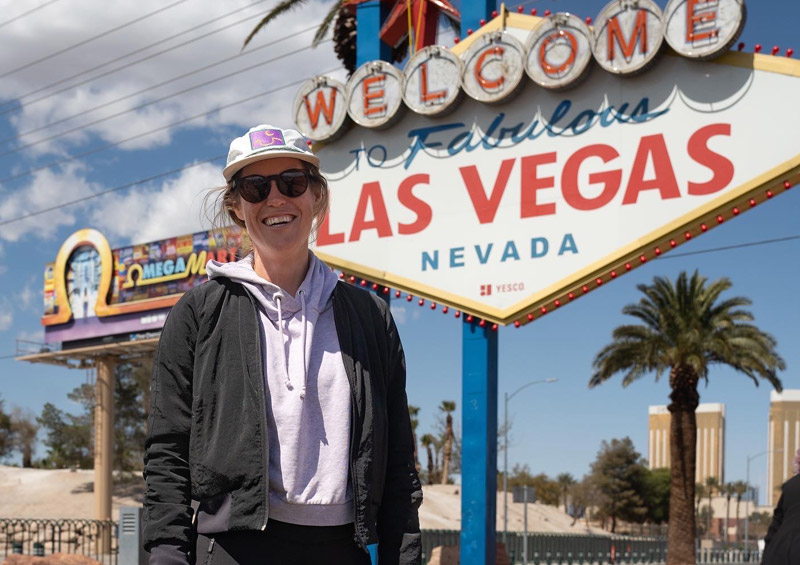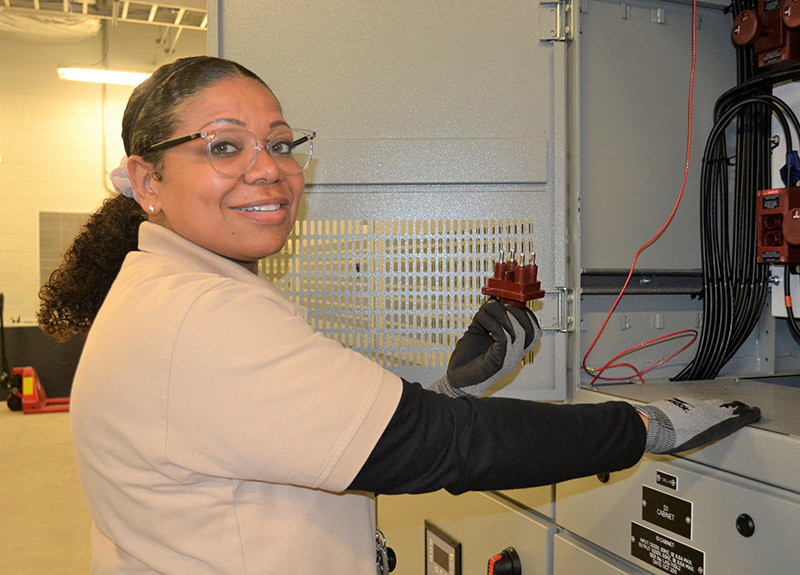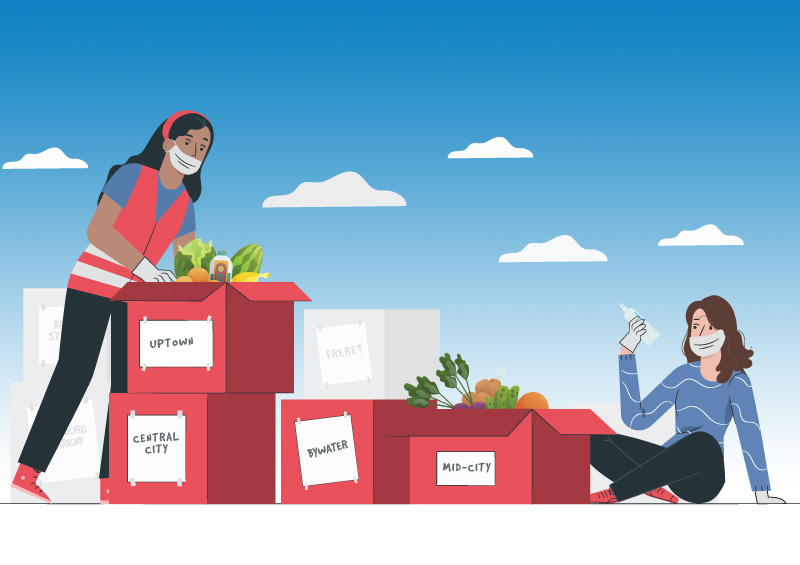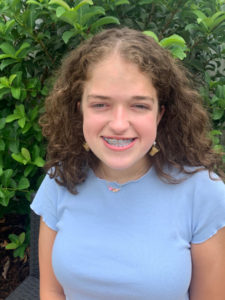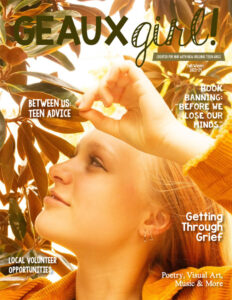On March 12th, I stood in my parents’ bedroom, my shoulders shaking with hysterical sobs. Radium Girls, the show I was supposed to perform in as the lead was cancelled on opening night due to the Covid-19 pandemic. I had dreamed of being the lead since my first time on stage in fourth grade. This was, of course, followed by an announcement the next day that I would finish out my junior year on my laptop at my dining room table. An epic pity party ensued. I felt angry. Cheated. Overwhelmingly disappointed. However, after a solid week of Netflix, a steady diet of ice cream, and an Academy Award nomination for Best Sulking in a Leading Role, my parents sat me down and gave me the “it’s time to move on; we are in a global pandemic and you are not the center of suffering” speech.
About a week later, in an email from my school principal, an announcement seeking volunteers to deliver school meals caught my attention. The very next day, my friend Mollie McNulty and I started delivering over 100 school meals each week to children who, prior to school closings due to Covid-19, received free breakfast and lunch through their school lunch program. Mollie and I quickly formed close relationships with many of the families. Even while following the strict safety guidelines and social distancing protocols, our instinct as human beings is to connect with others, especially in times of crisis and uncertainty. Through screen doors, across sidewalks, and even through my car window, we would find ourselves connecting with the families we visited. Idle chatter often turned to deeper conversations. We spoke with mothers who were feeling vulnerable and exhausted by the demands of caring for their children at home while balancing the care of sick or dying loved ones, friends, and neighbors; parents whose children with significant learning differences missed the routine and structure of their classrooms; grandparents who were visibly shaken by the threat of illness and death; and people who had missed important doctor’s appointments, lost their jobs, or were late for rent. The trauma is real and raw, and the suffering is extensive.
Madeline*, one of the women with whom we have become especially close, has three grandchildren she cares for. She often talks with us about how she is not able to leave the house because she is at a high risk for contracting Covid-19. She is a cancer survivor and a diabetic. Her family is struggling economically, especially now. What little money was coming in before the coronavirus crisis has dried up. She had to miss doctor’s appointments and hasn’t been able to go to the store for basic necessities because she is too afraid to leave her home. A trip to the pharmacy or local supermarket could be a death sentence. She recently told me, “The only time I am able to open that door is when you are here with the meals.” Madeline doesn’t like it when we have to send in a substitute driver because of a conflicting commitment. She fusses at us in jest—the last driver got lost, they get too close and don’t talk to her from the bottom step, and they don’t tuck an extra milk in the bag like we do.
Lynda* lives about five minutes away from me with her husband and 10-year-old son. She had her leg amputated after an illness and most days she waits for us in her wheelchair in the shade under her favorite tree. She shares her worries about the possibility of an evacuation this hurricane season. It is already extremely difficult to transport her family, and Covid makes this even more of a struggle. She fears being forced onto a crowded bus or into a crowded shelter during a storm. Lynda shares a single plastic-covered mattress with her family and sometimes, if she cannot get to her wheelchair, she has had to drag herself to the door, fearful we may think she isn’t home and skip her delivery. On some of Lynda’s better days, we learned that she likes cherry coke, cigarettes, and a dollar if you got it. And her lighter is in the top drawer, just to the right of the sink.
Gabriella* has four kids ranging in age from one to eight. She works nights and her neighbor sleeps on her sofa sometimes to keep her kids safe. I’ve had to work hard to establish their trust, but now Gabriella’s kids run out on the porch to greet me and see if maybe we brought some candy or, even better, some sprinkle donuts. Gabriella has lost a lot of weight, just in the few months since we started our deliveries. She says the stress of having to educate her kids with limited resources and unreliable technology is heavy on her heart. She is too distracted to care for herself as she fights to care for her kids. One day, and I know (I KNOW!) what a no-no this was, her three-year-old daughter raced out to greet me with a hug. I instinctively returned her embrace. In that split second, it felt good to drop the social distancing protocols and respond to the most basic human need for a hug. I actually still get emotional thinking about that hug; how two strangers, one barely three years old and the other a high schooler, could connect in such a pure and emotional way and find comfort in one another despite the ever-present demand to isolate and remain distanced.
The most humbling experience I have had while delivering the meals was when a father of two children accidentally texted me instead of his landlord. It is common practice for us to text each other with estimated delivery times, and in error, he texted me that he had lost his job because of Covid and needed more time to pay his rent. He explained his despair and embarrassment, pleading for more time to pay his bills. I sat in my car and wept, worrying about his family that depends on him. I imagined him, like any worried parent, having sleepless nights obsessing over the unknown and the what-ifs. Moments like this one have shaped what I value. Early on in those first few weeks after the stay-at-home order, I was quick to lament about all that was lost for me and my friends (no Voodoo Fest, no prom, no ring ceremony, no standardized testing for college admissions, and many other “what might have beens”), but the experiences with the families on my route allowed me to understand the dark and uncomfortable underbelly of poverty, wealth, access, and denied opportunities.
Each family that we deliver to has their own unique story and struggles, but they share a common experience: this virus has brought thousands of families, especially those in poverty, to their knees, practically overnight. My volunteer work has heightened my awareness of two very important realities. First, it is my responsibility to use my privilege, which affords me tremendous power, to expose how dramatically different this virus affects those with means and abundant resources and those with limited access to work, educational resources, and community services. Most obvious to me is how this virus is ravaging communities with higher concentrations of people of color, especially in and around New Orleans. I have a responsibility to partner with community leaders and hold accountable those who fail to address these inequalities.
Secondly, I want my peers to know that we do not need to travel far to make a difference. All of the families that Mollie and I deliver to are within my zip code; in fact, most of the families live within walking distance from my house. New Orleans is unique in how invisible lines are drawn that further isolate communities and families. One street is lined with centuries-old multimillion-dollar mansions on well-manicured lawns where yard signs proudly announce which expensive private school families chose for their children. One block over, families struggle to keep the lights on, spend sleepless nights worrying about violence and a virus that is exponentially more likely to alter their lives than their more affluent neighbors’. There is so much that needs to be done within our own city, and most of this can be done while following the Covid guidelines and restrictions. We have a responsibility to nurture our community, now more than ever. Mollie and I partnered with HandsOn New Orleans and I encourage others to connect with them as well. No matter which agency, I implore everyone to serve our community. This virus has crippled our already vulnerable infrastructure and deepened the divide between those with resources and those without. Things will likely get worse before they eventually get better, so commit to making a difference today.
*Names are changed.




